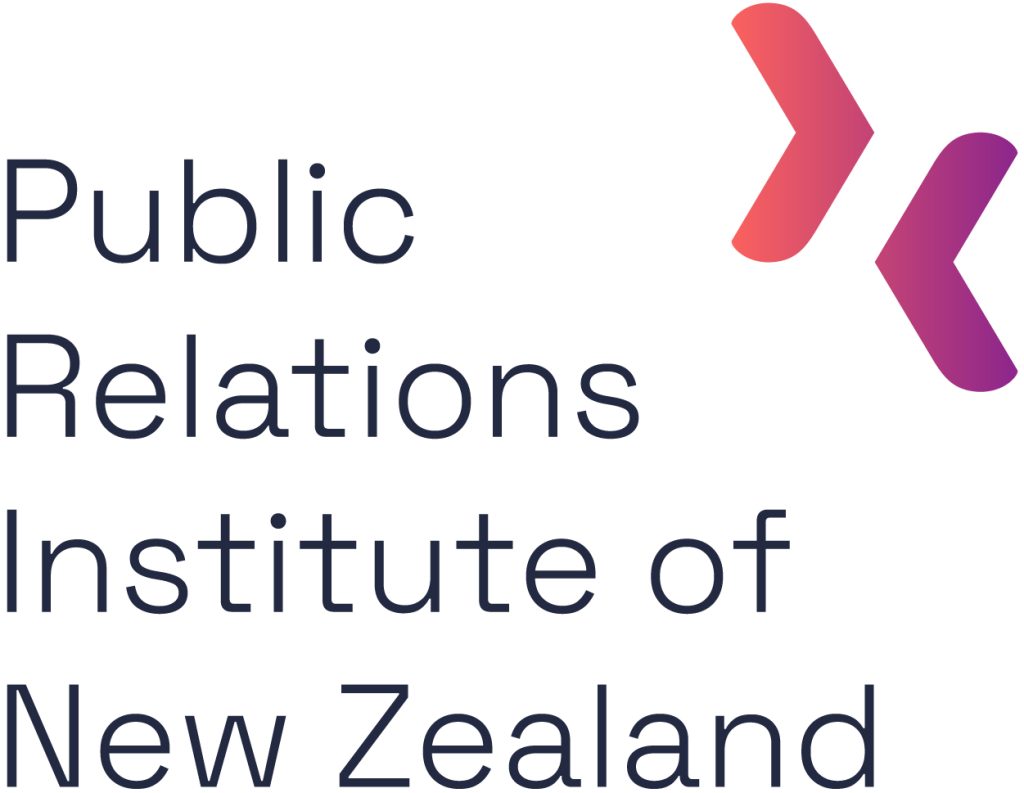The freedom to lobby

According to the bible, Moses and Aaron conducted a lobbying campaign to persuade the Egyptian king Pharaoh to let the Israelite slaves go free. Jews all over the world celebrate this week the success of this ancient campaign in a Passover celebration of the exodus under Moses’ effective slogan “Let my people go!”.
Today’s New Zealanders might celebrate the success of different lobbying campaigns without which women would not have the right to vote; smokers could blow smoke anywhere with impunity; Māori would have less justice for iwi and hapū; and children’s wellbeing would not be protected by law. Lobbyists’ influence on political decision-makers has contributed to valuable social changes.
That said, lobbyists’ influence is not always in the public interest. Lobbyists also helped powerful corporations to keep monopolies and delay essential services. The banning of leaded petrol in New Zealand may have taken decades longer because of industry lobbying. Nick Hagar’s 2014 Dirty Politics book exposed lobbying campaigns for the Food and Grocery Council designed to stop legislation limiting the promotion of sugary drinks.Until the Christchurch massacre the gun industry lobby made it difficult to amend firearm laws.
Because lobbyists are more frequently hired byorganisations that can afford their services, the function of lobbying does not secure an equal voice to all. This contributes to the imbalance of power typical to capitalist societies.
Despite its risks, democracies accept lobbying as part of the political system because it represents the fundamental right of free speech, the right of organisations and individuals to express opinions and to present to lawmakers their clients’ interests relating to legislation. This acceptance is conditioned on lobbyists’ commitment to legal, ethical, and transparent professional conduct.
Transparency is the key for professionally responsible lobbying. This involves lobbyists identifying the organisations that employ their services and avoid corrupting the political system (e.g., putting unfair pressure on legislator or bribing politicians with undeclared contributions to electoral campaigns, hospitality, entertainment, gifts, jobs). Nor should lobbyists use misleading or false information to injure the reputation of competing or opposing interests. Transparency means also not using front groups in grassroot campaigns to create misleading impressions of public support to policies that they promote.
In some countries, such as the UK, the concept of democracy did not allow any restrictions on lobbying. Closing the door on a lobbyist was perceived as closing the door on the groups and communities that the lobbyist represented. An act introduced in 2014 changed this and required lobbyists to register and to disclose any lobbying activity.
In the US, any lobbyist hired to represent an organisation must register with the federal government. The lobbyist function is defined by law according to number of hours and length of time devoted to lobbying. Lobbyists must report about expenditures and the way money was spent for lobbying. Australia and Canada are also requiring lobbyists to register and specify their clients’ names.
In NZ the Green Party’s 2012 initiative to require lobbyists’ registration and a code of ethics failed because the government had concerns about limiting the right to freedom of expression. Instead, the committee suggested developing guidelines for MPs to make policymaking processes more transparent.
The role of lobbyists is currently back on the NZ political agenda with a government call for a code of conduct and moves to limit lobbyists’ access to Parliament. This reform should be based on research and better understanding of the contribution and challenges lobbying poses to democracy. The Public Relations Institute of New Zealand’s Code of Ethics might serve as a good starting point. Any moves must acknowledge two things: that political lobbyists are a legitimate and essential part of a democratic decision-making processes, and that regulating the function should increase trust in the integrity of the political system without blocking the democratic value of Freedom of Speech.
Associate Professor Margalit Toledano, Fellow PRINZ





